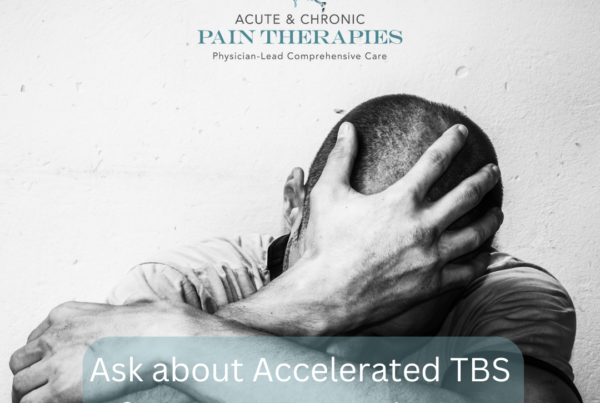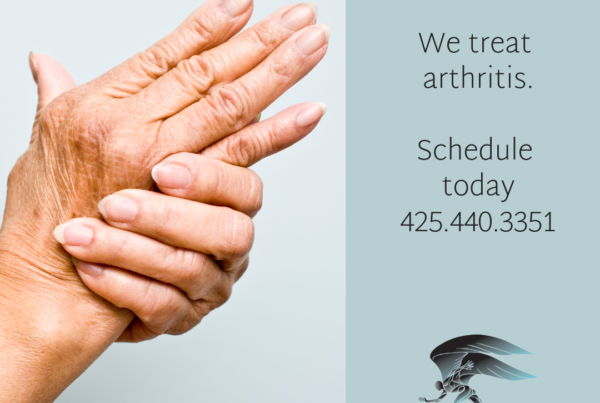
Recently, Dr Fisk was interviewed by Giddy, a leading publication about sexual health, about ketamine, depression, and improving libido. Here’s some Q&A you may find interesting!
How does ketamine help depression? How does the treatment work?
Ketamine helps depression by changing the brain on a microscopic and macroscopic level. We have hypotheses on how it works, but more research has to be done, and our current assumptions could change in the future. For example, it was recently reported that the effects of SSRIs are no longer understood; we had previously thought SSRIs increased seratonin in the brain and this was how it relieved depression, but recent evidence suggests this is not how SSRIs alleviate depression! With ketamine, we have the following hypotheses but this could change over time. Ketamine is thought to bind to certain types of brain cells called chandelier cells, so named because they drape over a lot of other neurons, regulating them. Ketamine acts on the metabolic pathways of these chandelier cells to make them less controlling over the other brain neurons which encourages more brain activity. This also seems to cause neurons to sprout new dendrites which are the neuron’s fingers that reach out to interact with other brain cells. As a result new pathways in the brain are established.
What are the side effects to using ketamine to treat depression? How long has ketamine been used to help treat depression?
IV ketamine causes side effects during the infusion but generally not in the days to weeks in between infusions. Side effects during the infusion include nausea, dysphoria which means not liking the way it feels, and bladder irritation. We have an armamentarium for controlling these side effects and taylor each person’s infusion each time to mitigate these side effects. Ketamine is an anesthetic so rarely in patients with major health problems ketamine can be more dangerous, especially when supplemented with other medications. This is why it is important to have trained professionals capable of understanding the full scope of the anesthetic implications of ketamine infusions. Ketamine has been used for a couple of decades to treat depression. Its popularity has skyrocketed in the last 5 years thanks to its incredible efficacy, safety, and a cultural shift towards acceptance of the benefits of ketamine both in the medical world and in the mainstream population.
Are there any long-term side effects of ketamine for depression? Can ketamine make depression worse?
Ketamine’s antidepressant effects generally last for 3 to 5 weeks. Any psychologically negative effects of ketamine generally only would last this long as well. However, worsening depression after ketamine is extremely uncommon. During the initial stabilization phase of ketamine, which means the first set of infusions that try to achieve the maximum antidepressant effect, ketamine can initially seem to make depressive symptoms worse in a small percentage of patients. However, we often advise patients to stick with it as this is usually a sign that ketamine is affecting the brain. We often see these patients who initially feel a little worse then achieve significant relief of depression after a few more infusions. Ketamine often rapidly alleviates suicidal ideation and a recent study in New England Journal of Medicine found ketamine to be non-inferior, if not better, than ECT for treatment resistant depressed patients!
There are no long term studies evaluating potential neurocognitive effects of ketamine infusions for depression. This would be an extremely difficult study to perform as controlling for all the variables of things that could affect one’s neurocognitive state over an extended period of time would be very difficult. That said, I’ve treated quite a few patients who have received IV ketamine from our clinic for years. Most report that ketamine improves their neurocognitive abilities while its antidepressant effect is strong in the 3-5 weeks after an infusion likely thanks to the lifting of the “brain fog” often associated with depression. Which would you think would intuitively cause long term neurocognitive problems: a single infusion of ketamine once a month, or daily use of antidepressants which almost always cause side effects and are known to dysregulate the brain’s neurohormonal balance? My intuition tells me ketamine is safer.
How can ketamine help improve the libido?
Ketamine does not seem to negatively affect libido. Antidepressants very frequently cause decreased libido. If ketamine can help a person avoid needing to take antidepressants, this would be an obvious way that ketamine helps libido. Depression itself often causes a myriad of symptoms including loss of libido. This may be due to a loss of motivation, poor self-esteem, or extremely low energy levels. I have seen ketamine improve motivation and energy levels in many patients which translates into increased libido.
What is the difference between Ketamine and psychedelics for depression, which is better?
Ketamine is a type of psychedelic. It was first created in the 1950s and was derived from PCP. Other commonly referenced psychedelics include psilocybin, MDMA, and Ayahuasca. Unlike ketamine which indirectly stimulates the brain by inhibiting the regulatory chandelier cells, many of the other psychedelics are direct agonists, meaning they directly activate neuronal cells. This may result in a more dramatic or different experience. Formal research into MDMA and psilocybin is on-going but at this point I am not aware of the percentage rate of success, duration of effect, or potential side effect profile of these other agents. As such I cannot comment extensively. I do have contacts in the community who are currently studying some of these agents so I will be monitoring the results of these studies closely.
How can you get ketamine for depression? How long is a session to treat depression with ketamine?
Ketamine can come in a variety of forms: IV, intra-muscular, pills, sublingual lozenges, sublingual syrups, and intranasal sprays. All can be used to treat depression. In my experience, IV is by far the most reliable and potent way to achieve a reliable and sustainable antidepressant effect. Other forms can be used but because they are prescribed and often have to be used frequently if not daily, sometimes side effects such as bladder problems, nasal irritation, or abdominal pain can become a problem. However, there are some patients, though less so than with IV ketamine, who have done very well with more frequent outpatient use of ketamine.
Ketamine infusions for depression can range in duration between 40 minutes all the way up to several hours. At my clinic the average treatment is 1 hour long. We perform 6x 1-hour infusions over 3 weeks to start in most people to really solidify the effects of ketamine on the brain. As the effect begins to wane at the 3 to 5 week mark, people generally come in for a single hour booster. Sometimes patients need a longer booster infusion, for example 2 hours, to re-solidify the antidepressant effect.
Ketamine is not a cure for depression but rather a treatment that requires on-going infusions on average once a month to maintain the effect. Some patients ask, “so I have to do this forever?” Ketamine does not cause withdrawal so it can be stopped at any time. But for someone with long term depression, depressive symptoms are likely to recur. However, if one can use the antidepressant effect of ketamine to improve other aspects of their lives through exercise, changing jobs or lifestyles, or improving interpersonal connections, then perhaps ketamine can help people improve their lives from the inside out and one day may no longer be necessary for those people who have found a way out of the depression of their own making.
What should you expect after ketamine treatment for depression? How many ketamine treatments do you need to take for depression? And how long does each treatment last?
Usually the hallucinatory effects of a ketamine infusion for depression wears off 15 minutes or so after stopping the infusion. However, one could remain groggy for much of the rest of the day. We prohibit high risk activity such as driving until a full night’s rest after a ketamine infusion. Generally 6x 1-hour infusions to stabilize the antidepressant effect, then single booster infusions every 3 to 5 weeks are needed to maintain the antidepressant effect are needed. Each infusion lasts 1-hour and total office visit time tends to be 2 hours including preparation and recovery.
For more information or to schedule a consult with Dr. Fisk, call our office 425.440.3351.






